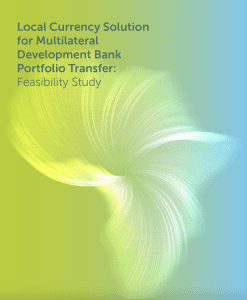Introduction
Since the beginning of 2020, countries around the world have been grappling with the worst economic, social and sanitary crisis of recent times. At the end of March 2020, the IJN was already warning about a ‘looming financial tsunami* for developing countries. Then, the dark clouds from the COVID-19 pandemic suddenly clogged all aspects of economic and social life. The pandemic brought about a severe contraction of productive sectors and overall GDP, increased unemployment; and put serious pressure on countries’ fiscal balance sheets through reduced revenue collection, the need for massive budgetary reallocation to finance urgent expenditure in health and other essential services, and the urgent need to put in place social safety nets for the most vulnerable segments of the population.
The COVID-19 pandemic is still evolving as the virus continues to mutate and infect more people around the globe. Initially, some observers felt that Africa had not been unduly affected by the spread of the pandemic.
However, it has become clear that the pandemic’s economic and social impact on African countries has been as considerable and pronounced as in other parts of the world. Despite recent progress in strengthening health systems, dealing With future waves of COVID-19 is likely to be more challenging in Africa than in other parts of the world, given limited access to healthcare across the continent and the availability of vaccines. According to the World Health Organization (WHO), as of mid-January 2022, only 17.31 vaccine doses per 100 population had been administered in Africa, compared to 143.14 in Europe, 144.4 in the Americas, 102.87 in South-East Asia and 185.21 in the Western Pacific. If indeed the reduction in mortality rates experienced in other continents is attributable to vaccination, then as the least vaccinated continent Africa remains very much at risk.’
According to the IMF, since the onset of the COVID-19 pandemic, real GDP of sub-Saharan African countries fell by 1.9 per cent in 2020, the worse performance on …



